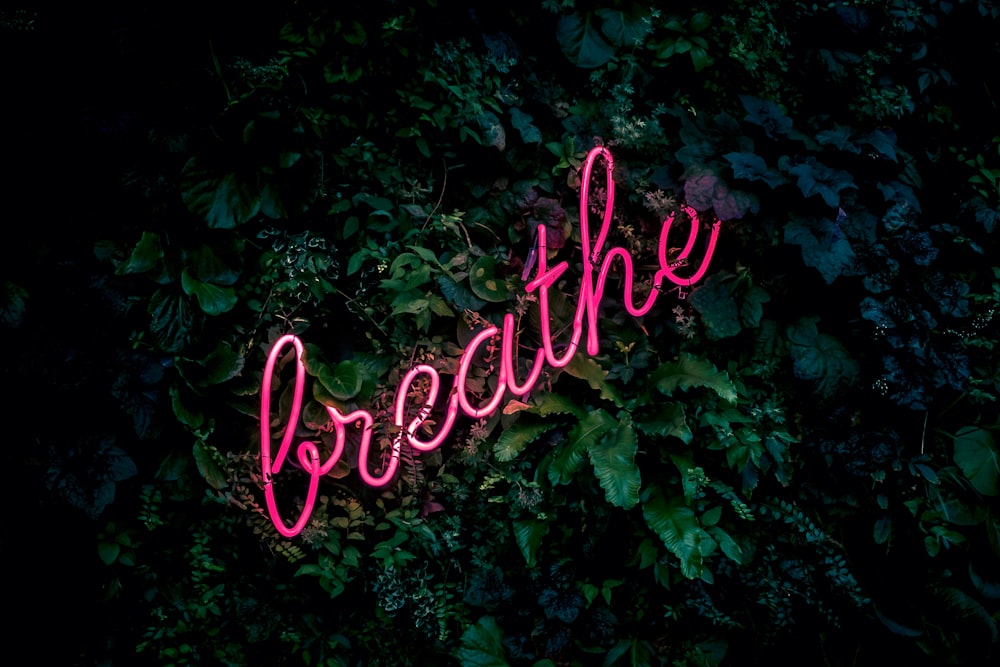Combatting Nausea Effective Vomiting Tips for Relief
Understanding Nausea
Nausea, that uncomfortable feeling in the stomach often preceding vomiting, can disrupt daily life and leave individuals feeling miserable. Understanding the causes and triggers of nausea is the first step in combatting this unpleasant sensation. Nausea can be caused by various factors, including motion sickness, food poisoning, pregnancy, anxiety, and certain medical conditions. Identifying the root cause of nausea can help determine the most effective strategies for relief.
Stay Hydrated
Dehydration can exacerbate feelings of nausea and contribute to overall discomfort. It’s essential to stay hydrated, especially when experiencing vomiting or nausea. Sipping on clear fluids such as water, herbal teas, ginger ale, or electrolyte solutions can help replenish lost fluids and alleviate nausea. Avoiding caffeinated or sugary beverages is advisable, as they can worsen dehydration and exacerbate nausea.
Try Ginger
Ginger has long been hailed for its anti-nausea properties and is a popular natural remedy for combating nausea and vomiting. Ginger can be consumed in various forms, including fresh ginger tea, ginger supplements, ginger candies, or ginger ale. Its calming effects on the stomach can help soothe nausea and provide relief. Incorporating ginger into your diet or taking ginger supplements at the onset of nausea may help alleviate symptoms.
Eat Small, Bland Meals
When experiencing nausea, the thought of eating may seem unappealing. However, consuming small, bland meals throughout the day can help settle the stomach and alleviate nausea. Opt for easily digestible foods such as crackers, toast, bananas, rice, or broth-based soups. Avoid spicy, greasy, or heavy foods that may exacerbate nausea and opt for mild, non-irritating options instead.
Practice Deep Breathing
Deep breathing exercises can help calm the nervous system and alleviate feelings of nausea. Practice deep breathing techniques such as diaphragmatic breathing or belly breathing to promote relaxation and reduce nausea. Sit or lie down in a comfortable position, close your eyes, and focus on taking slow, deep breaths in through your nose and out through your mouth. Repeat this process several times until feelings of nausea subside.
Acupressure
Acupressure is an alternative therapy that involves applying pressure to specific points on the body to alleviate symptoms. Certain acupressure points, such as the P6 or Neiguan point located on the inner wrist, are believed to help relieve nausea and vomiting. Applying gentle pressure to these points using your fingers or wristbands may provide relief from nausea and help restore balance to the body.
Avoid Strong Odors
Strong smells and odors can trigger or worsen feelings of nausea. When experiencing nausea, it’s essential to avoid exposure to strong or unpleasant odors that may exacerbate symptoms. Avoid cooking strong-smelling foods, using heavily scented perfumes or cleaning products, or being in close proximity to sources of strong odors. Opt for well-ventilated areas and fresh air whenever possible to minimize exposure to triggering smells.
Consider Medications
In some cases, over-the-counter or prescription medications may be necessary to alleviate severe or persistent nausea. Anti-nausea medications such as dimenhydrinate (Dramamine), meclizine (Bonine), or ondansetron (Zofran) may be recommended by a









